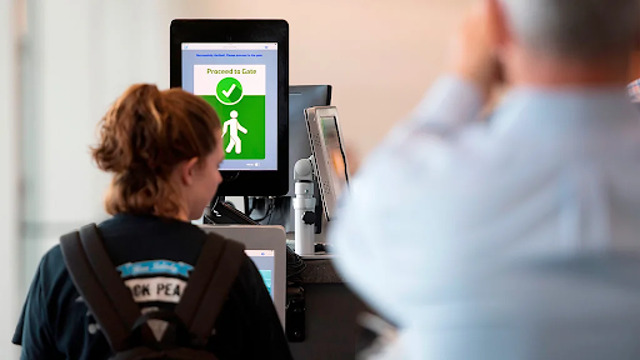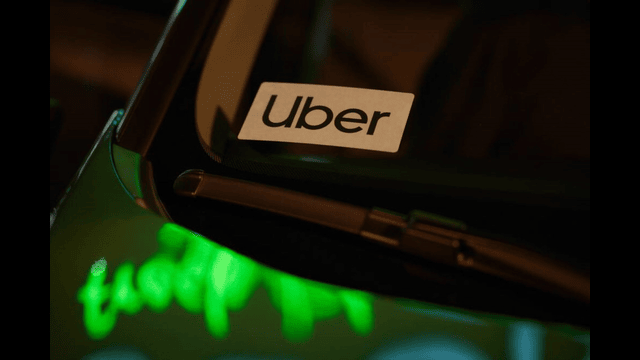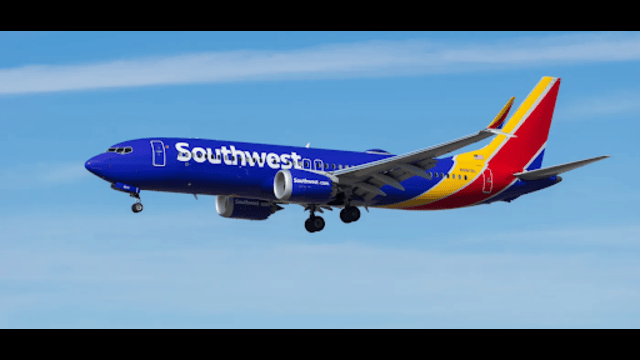
More countries are adopting digital border controls, including face scans at US airports. Getty Images
Starting January 8, 2025, travellers from non-European countries, including the United States, Canada, and Australia, will need to register for an online authorisation before entering the UK. This new requirement, called the Electronic Travel Authorisation (ETA), applies to those who do not need a visa for short stays in the UK. The aim is to streamline border entry and improve security.
To obtain an ETA, travellers must complete an online form and pay a £10 fee (around $12.75). The approval process is quick, usually taking just a few hours, though it may take up to three business days in some cases. Once granted, the ETA is valid for two years or until the traveller’s passport expires, and it allows multiple entries to the UK for stays up to six months.
This new rule isn't limited to non-Europeans. Starting April 2, 2025, citizens of European Union countries will also be required to obtain an ETA. However, people from the UK, Ireland, and those holding valid UK visas are exempt from this requirement.
The UK Home Office has explained that the expansion of the ETA system will make the entry process more efficient by confirming a traveller’s eligibility before departure. Airline gate agents will verify ETA status through a digital link to the traveller's passport, reducing wait times and confusion at the border. The collected personal details, including biometric information, will enhance security by tracking the movement of travellers more accurately.
Seema Malhotra, the UK Minister for Migration and Citizenship, stated, "This expansion of ETA is a significant step forward in delivering a border that's efficient and fit for the digital age. Through light-touch screening before people step foot in the UK, we will keep our country safe while ensuring visitors have a smooth travel experience."
This move is part of a global trend, as countries and regions adopt more digital systems to monitor border crossings. In the spring of 2025, the European Union will introduce the European Travel Information and Authorisation System (ETIAS), which will require travellers from 60 countries, including the UK, US, Canada, and Australia, to register online before entering any of the 30 EU nations. Like the UK’s ETA, the ETIAS will involve a small fee (€7 or about $7.40) and approval within 96 hours.
Alongside ETIAS, the EU will also launch the Entry/Exit System (EES), which will use facial and fingerprint recognition to identify non-EU nationals. Unlike ETIAS, EES does not require prior registration. Instead, travellers will be registered when entering one of the 29 EU nations participating in the system. The EU hopes these systems will reduce long wait times at immigration and prevent fraud and overstays.
However, not everyone is enthusiastic about these changes. Some critics worry that the new systems, along with their fees, may exclude younger or less affluent travellers. There’s also concern about losing the experience of receiving passport stamps, which hold sentimental value for many travellers. Others fear what might happen in case of a technical failure.
Kita Jean, a frequent traveller, shared her concerns, saying, "I'm sad about the digitisation of travel and also concerned. Passport stamps are a great way to document memories and look back at, but they're also good for when processes and technology fail."
As more countries and regions implement digital border systems, it remains to be seen whether these changes will truly improve efficiency or become an added burden for travellers.















